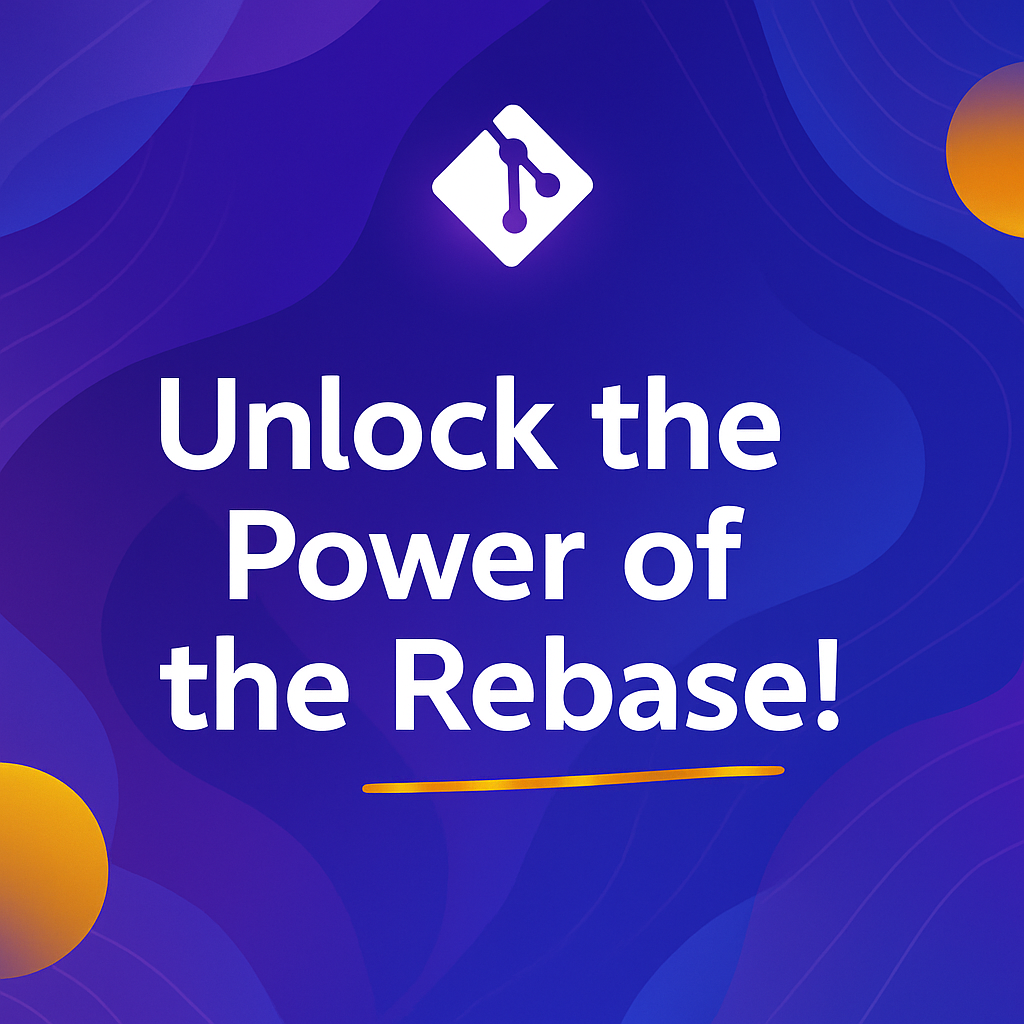No matter what kind of business you run, you will likely have to manage a lot of data. Sales records alone can amount to a huge trove of data after many years of business. In the past, companies had to rent or buy entire buildings to fill with file cabinets. Thankfully, modern technology allows us to store all these records in a digital form. Of course, there are still storage issues to be considered, even if they are nowhere near as limiting.
In this article, we will examine the two primary options for large-scale data storage: On-site data storage and cloud data storage.
Cloud Data Storage
You have probably heard the term “cloud storage” (or something like it) in the past. A cloud is just a network of computers that are linked together via the internet. The sum of their hard drives represents the size of the cloud. As you might imagine, it takes a lot of computers and a lot of hard drive space to create a cloud. These clouds are so big that you can’t even get a straight answer when you ask how big they are. That’s why these services aren’t free. In spite of their issues, they really are the cheapest and most convenient way to go.
The Pros
One great thing about cloud storage is all the money you can save. Instead of buying a whole bunch of computers and hard drives (none of which are cheap), you just pay a monthly fee to a cloud hosting company. For a business of any significant size, this is a more cost-effective option than the traditional method of on-site storage. By looking at this price comparison site, we can see that cloud storage ranges between $25 and $150 per month.
Another great thing is the fact that you are not limited to the capacity of your physical media. It’s always irritating when you run out of hard drive space, and it usually seems to happen at the worst possible time. With the cloud, you have access to all the storage you need, and you only pay for what you use.
Online hosting is another set of issues in itself. Not only do you have to buy, set up, and maintain the servers, but you also need to handle any issues that the customer might have with those online services. With the cloud option, these tasks are outsourced. You can set up your online services through a cloud computing service and use the infrastructure that they have already created.
The Cons
A lot of people feel that cloud data storage isn’t as secure in the cloud. In reality, it depends on how you look at the issue. While it is true that the cloud computing company can probably view your data, there is no reason to assume that they will do so. Also, these networks tend to be highly encrypted, which helps to ensure that no unauthorized persons will get access to your data.
What it comes down to is this: You have to trust the people who are handling your data, but that is a risk that will probably exist anyway. Whether your data is stored physically, digitally, in a cloud, or anywhere else, this risk factor will always remain.
Still, it might not be a good idea to use a cloud service if your company deals with highly sensitive information of one sort or another. For instance, certain government contractors might want to avoid these services. Aerospace and high-tech companies might also be concerned about the possibility of corporate espionage. Unless you are dealing with some uncommonly sensitive data, there is every reason to assume that cloud services are safe for you and your company.
On-Premises Data Storage
This is the old-fashioned way of doing things. You purchase a number of computers, along with any external hard drives that may be needed, and keep them at a physical location such as the company’s office. Any servers that the company might require for the hosting of online services will also be located there. This method also has its advantages and disadvantages.
The Pros
The best thing about physical data storage is the fact that your data is well-protected. Sometimes, a data cloud can crash or lose your data. Keeping the data on physical media ensures that it isn’t going anywhere and that you always have a backup. It’s also nice to be able to access your information without an internet connection, if necessary.
Physical data is vulnerable to physical theft, but this may not be that big of a concern. For instance, let’s say you own a company that manufactures car parts. Chances are, no one is going to go out of their way to steal your last quarterly sales report. A business rival might wish to see your records, but it’s very unlikely that they will resort to such risky measures.
Although cloud storage is more convenient, a lot of people opt for the old-fashioned way so that they can maintain a greater degree of control over their data. Although data clouds are pretty safe, there have been cases in which their information has been compromised. When you go with physical storage, you know that you can maintain control of the data at all times.
The Cons
For one thing, this is usually more expensive than cloud storage. You will have to buy a lot of hard drives, and a lot of computers on which to use them. While one or two external hard drives are not expensive, a whole roomful of them can become a financial liability.
Physical records are also vulnerable to all sorts of physical hazards. Water damage or extreme temperatures can do irreparable harm to a hard drive, especially after long-term storage. Theft is also a concern, although not every company needs to worry about this issue.
Of course, you will have to worry about hiring some people to maintain this physical data infrastructure. You will need people to manage the drives and devices and keep them updated at all times. This is another reason that a traditional on-site setup tends to be more expensive.
Conclusion
Your choice is not a simple one, as both of these options have valid pros and cons. In all, cloud computing is a cheaper and more convenient option. While there might be some inherent security risks, most people don’t have to worry about expert hackers coming after them for their last inventory sheet. As long as your cloud service makes use of the latest encryption, it should be very secure from data theft.
At the same time, physical storage does offer an advantage or two, so we recommend a hybrid approach. Go ahead and make use of the cloud computing service to save money and make things easier. At the same time, make sure that your most crucial data is copied to physical media like a hard drive or optical disk. As long as you keep it to the most crucial data, it shouldn’t get too ridiculous. If you like this idea, you can show your appreciation by filling out the contact form below.







